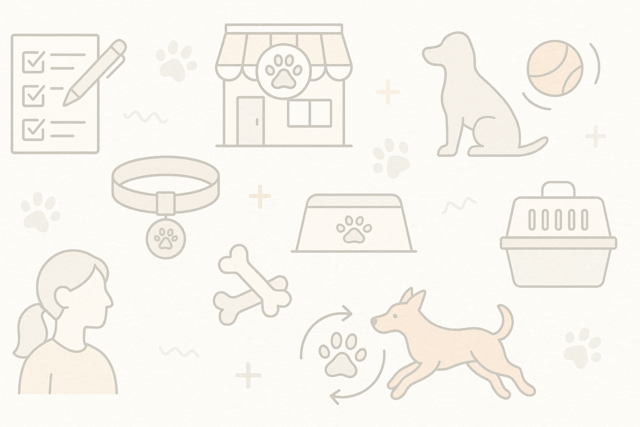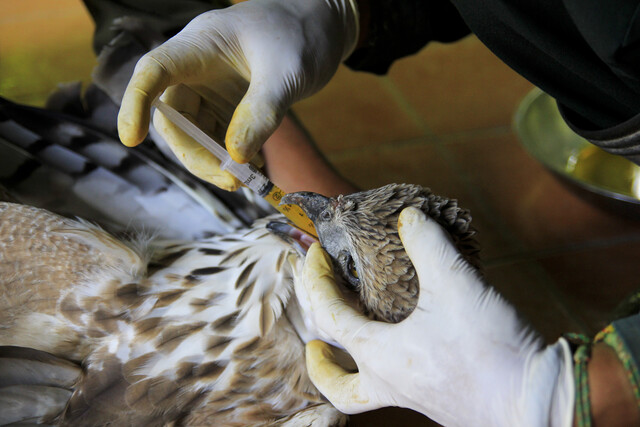Introduction: Your banker can talk to you about the different ways to set up your business financially but your business attorney can give you more detail to make the decision. He can also guide you through it. In this article you will learn about five different kinds of business building. They include a sole proprietorship, limited liability company, cooperative, corporation, or partnership. They each have their own pros and cons but one will fit your needs and you will be able to assess this after learning about each one. Your local library will have all kinds of material and you can find it on-line too.
Pulling together the necessary licenses for the county, state, and federal government is not time consuming but you do need to know what you are doing and what is required. You must also set up your accounts for income taxes. If you are the sole owner and you are the only employee, it is simple. When you hire people, you have to pay attention to the tax laws. Your attorney and your bookkeeper should be up on the most recent changes. If they aren't you need to look for someone else to work with you. However, because this is your business, you have to know and understand what is going on and why. Don't leave it to others.
Finally, in this article an examination of laws about which you should become aware. And there are books of laws, on hiring, health and safety, taxes, management, working with animals and on and on. You don't have to memorize them but you should have an awareness and know where you can find information should it be needed.
Dog Day Care Structuring
Limited Liability Company or LLC - Another way to structure a business is as a limited liability company or an LLC. An LLC can be any company that consists of one individual or more. It might consist of a mix of individuals and another partnership or with a corporation. The major difference between a sole proprietorship and an LLC is the liability protection for your personal assets. You must keep all financial affairs separate. You also have to pay unemployment taxes. If your LLC consist of only you, the tax forms are similar to the sole proprietorship. However, if your LLC involves several employees, partners with another LLC or a partnership or corporation, the tax forms become more complicated and your bookkeeper should be aware of these. Another plus under the LLC, members of the LLC can control the disbursement of profits among the owners as they want.
Cooperative - In structuring as a cooperative, the business, like the LLC is under a limited liability. The liability is limited to the assets of the company and not the owners. A cooperative has members who apply to be part of the corporation and who have voting power. They usually elect a board of directors who make most decisions. The biggest difference is that a cooperative is looked at as an entity unto itself. If an owner dies, the business lives on, it can be gifted, sold or traded. A cooperative can buy, sell and enter into contracts and it has to file articles of incorporation, which explains their organizational structure and they usually develop by-laws. The rules for taxes and employees are more complicated and differ depending upon the specifics of the corporation. Big investors are not likely to want to put money into a cooperative because no matter how much money they put into the business, they only get one vote.
Corporation - A corporation is even more complicated and mostly used by very large business. You can buy shares in a corporation but the corporation is responsible for all debt, losses, and decisions, not the stockholders. They must pay taxes on all profits but employees only pay on their income. So taxes are paid on the money twice. Corporations do offer more security for employees because they can offer more benefits and ownership in the company by buying stock or negotiating stock as part of their hiring deal.
The choice depends upon what you want to do, how big you want to become and how much protection you might need for your personal assets. Whichever choice you make, it will pay to get the support, advice and guidance of a business attorney and a bookkeeper.
Dog Tags or Licensing, Taxes, Contracts, and Permits: At this time dog day care centers and kennels are not required any federal licensing but there are local and possible state licensing and you have to do your homework in the state and county or city where you will locate. If you keep dogs overnight, you may need to attain a kennel license as well as a day care license. License and permit fees across the United States average $1000.
Expect regular checks from the health inspectors and possibly the agricultural inspectors. There are laws about putting chemicals into the plumbing and regulations on how you rid yourself of solid dog waste. You will also be held accountable for proof of all dog vaccinations and how you clean to prevent the spread of disease from dog to dog. These are all part of maintaining a healthy atmosphere for dogs that you want anyway. Customers will want to see your inspection reports before they let their dogs stay in your facility. Use of green cleaning supplies and soaps will be less harmful to both pets and the environment. Work with your community to keep the area clean and free from trash, chemicals, and disease promoting waste. Remember that sometimes what appears to be costing your business more is actually insurance against a huge cost later.
One of the first contracts you will sign is the lease for the property at your choice location. Depending upon where you are located, the cost can be large and the details containing the rules of the leasing agreement can be confusing. You have to know and understand what you are signing. If your business is doing well and one day the lease is up and it won't be renewed, you will need to be prepared. Another consideration is that a lower cost may mean less space and you have to add a dog walker. It may cost more to get property with a fenced yard, but then you won't have to pay a dog walker. You will need to weigh the costs of the two.
Insurance on both the property and the business are both necessary. You have to protect your employees, customers and the dogs from harmful actions or health issues with business insurance. Property insurance will cover the structure, wiring, theft and natural disasters. Depending upon how much coverage you opt for will be the deciding factor for the cost. An average cost for property insurance in the U.S. is $600 per month and for business insurance is about $500. Per month.
One last thing to consider is utilities. Though these are usually not contracted there are deposit fees for utilities when you start up plus the monthly costs. The costs of technology set up can also be costly but again very necessary for both record keeping and meeting the expectations of the customer. The more you offer the customer the more you can charge and the better they will feel leaving Fido with you.
If you become a member of the American Kennel Club, they have their own standards of care for anyone working with dogs. It is good to be able to post your membership with this organization because then your customers will know that they too will inspect your facility and records and hold you to a higher standard of care. Because of the variation in state laws you will have to investigate the state where you intend to put your facility. These laws also use terms that can mean different things to different people and organizations. Becoming familiar with them is important. How your state or locality defines a nuisance dog, an attack by a dog, and a dangerous dog can make a difference in how you run your business.
|
Dog FAQS: According to Live Science a website about science and life, dogs have shown the ability to sniff out cancers in scientific studies. In one patient report, her dog repeatedly tried to bite a mole on her leg. She thought it odd that he was so obsessive about it. Her doctor found it to be a malignant melanoma. In another study of a black lab, it was able to detect colorectal cancer in 33/37 samples of people's breath and their stool samples. This same dog has identified cancer using body fluids. The article claimed that it was unknown yet if the dogs are able to sniff something that is specific to the cancer agents in a body, or it is something else that attracts them. It does give one more good reason why everyone should own a dog. |
Summary: When you decide to open a dog day care, large or small, in your home or in a larger facility, you must do it with your eyes open. The permits required, the laws of the state and community, the health and safety regulation are all important to how you maintain and run your business. Keeping your facility disease free will not only keep your doors open, it will build your reputation as a great dog day care. You cannot afford to go into this business without understanding and living up to the standards required not just by the law, but by the customers. If you do this, you demonstrate how much you do care about the dogs.
Working with other home dog care businesses, you might pull together a systematic business that is shared by many, each run independently. If you know there is a dog sitter or two in your area and some dog walkers, you might want to specialize and focus as their "go to" person for grooming or caring for a sick dog. After surgery dogs usually require watching or one on one care. People who work often cannot take off to do this and it would be a specialty service. You can also offer care on site, in people's own homes. If you work with a website you could sell popular dog items for more income. Let your mind go wild brainstorming ideas.

























